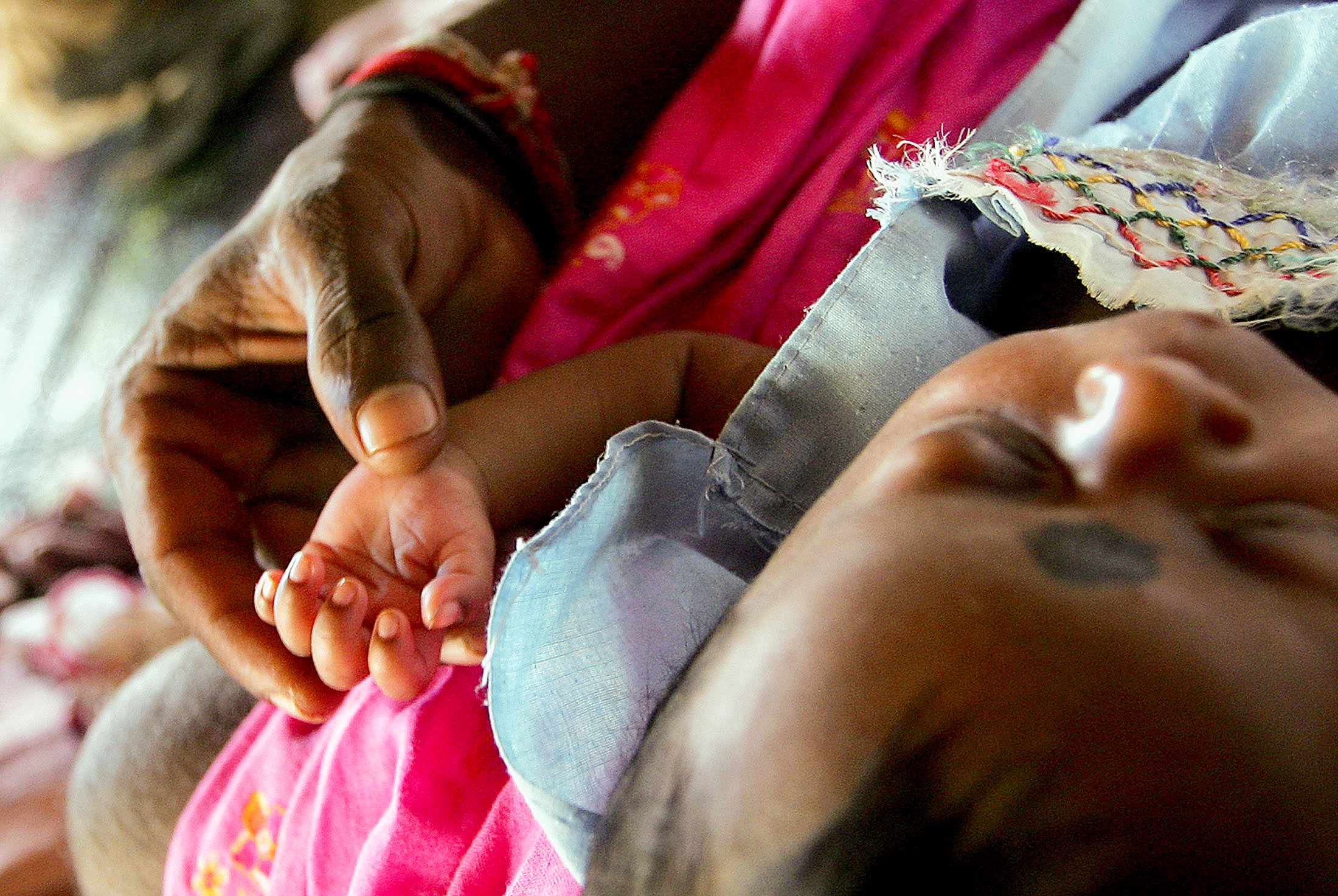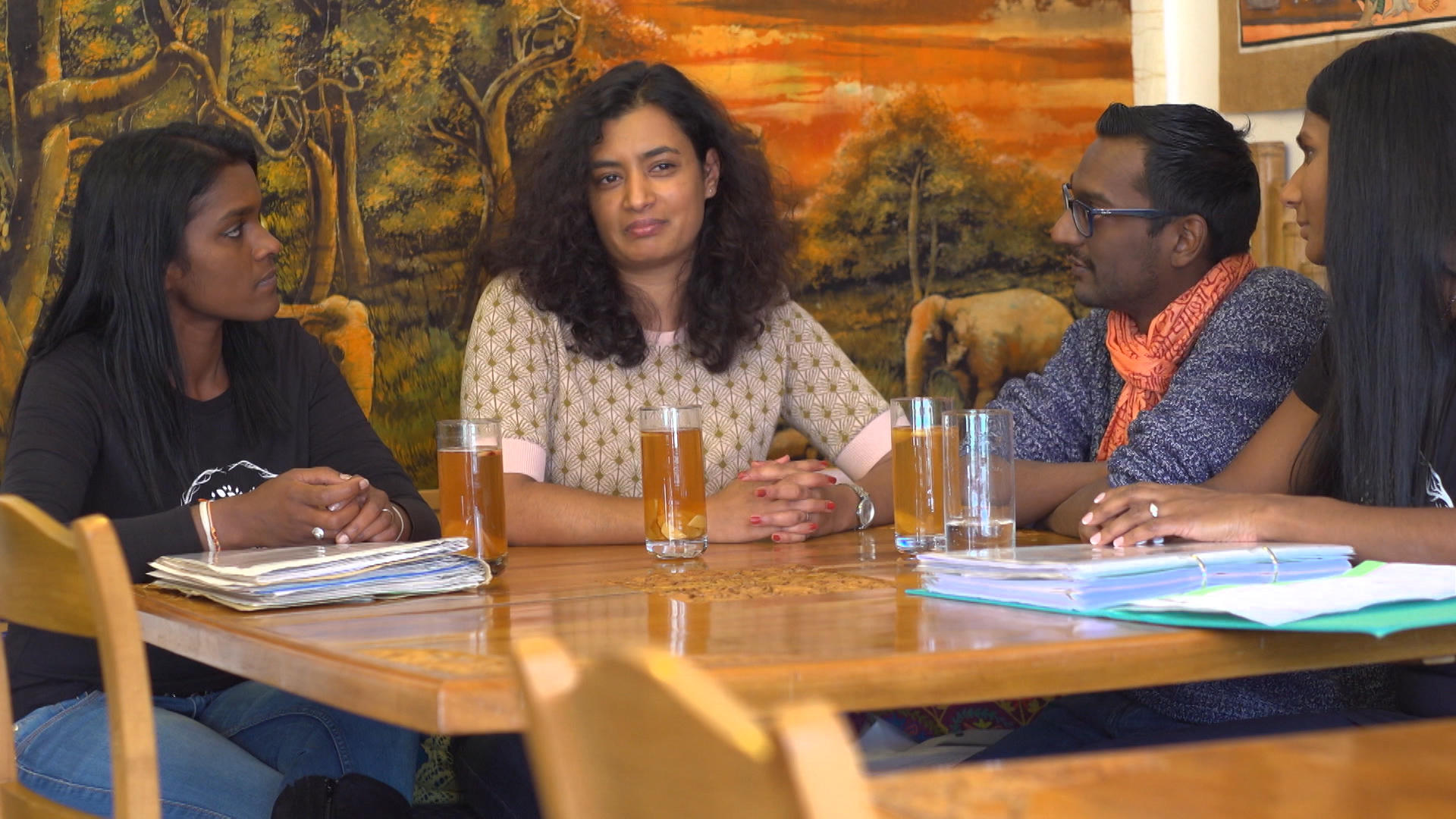
Swiss extend support for Sri Lankan adoptees wishing to trace roots

The Back to the Roots care and support programme for adopted people from Sri Lanka will continue until the end of 2025.
The Swiss Conference of Cantonal Justice and Police Directors is funding the project for another year, the Back to the Roots association said on Thursday.
So far, around 70 adopted people from Sri Lanka have been able to benefit from the programme, Celin Fässler from Back to the Roots added. The findings since the start of the official funding were decisive for the continued funding until the end of 2025.
The pilot project, part of Switzerland’s migration partnership with Sri Lanka, was originally limited to three years until the end of 2024. A maximum of CHF250,000 ($274,000) was available per year.

More
Illegal adoptions from Sri Lanka: ‘These wounds do not heal’
Since the introduction of the programme, adopted people who wished to trace their roots have been coming forward on an ongoing basis. At the centre of this is primarily the desire to find out something about their own ancestry.
Involved are time-consuming searches for documents in Switzerland and Sri Lanka, as well as on-site investigations into individuals and a search for evidence. The procedures to find evidence often take more than a year. Due to the often-unlawful adoption procedures, a conventional search is usually impossible. This necessitates flexible and dynamic support in individual cases.
For many Sri Lankan adoptees, it is important that the federal government and cantons take accountability, as they are seen as sharing responsibility for the injustice that occurred. Namely, the authorities systematically looked the other way from the 1970s to the 1990s, when almost 900 children from Sri Lanka were adopted into Switzerland, most of them illegally, as a report by the Zurich University of Applied Sciences (ZHAW) from February 2020 showed.
Adapted from German by DeepL/kc/ts

More
Who are we?
This news story has been written and carefully fact-checked by an external editorial team. At SWI swissinfo.ch we select the most relevant news for an international audience and use automatic translation tools such as DeepL to translate it into English. Providing you with automatically translated news gives us the time to write more in-depth articles.
If you want to know more about how we work, have a look here, and if you have feedback on this news story please write to english@swissinfo.ch.

In compliance with the JTI standards
More: SWI swissinfo.ch certified by the Journalism Trust Initiative






























You can find an overview of ongoing debates with our journalists here . Please join us!
If you want to start a conversation about a topic raised in this article or want to report factual errors, email us at english@swissinfo.ch.